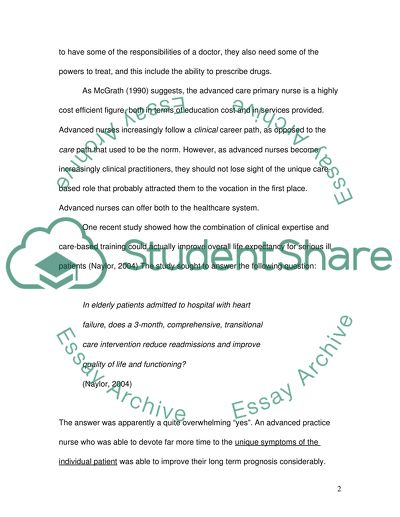Cite this document
(“Advanced Care Nurse Essay Example | Topics and Well Written Essays - 1750 words”, n.d.)
Advanced Care Nurse Essay Example | Topics and Well Written Essays - 1750 words. Retrieved from https://studentshare.org/health-sciences-medicine/1520224-advanced-care-nurse
Advanced Care Nurse Essay Example | Topics and Well Written Essays - 1750 words. Retrieved from https://studentshare.org/health-sciences-medicine/1520224-advanced-care-nurse
(Advanced Care Nurse Essay Example | Topics and Well Written Essays - 1750 Words)
Advanced Care Nurse Essay Example | Topics and Well Written Essays - 1750 Words. https://studentshare.org/health-sciences-medicine/1520224-advanced-care-nurse.
Advanced Care Nurse Essay Example | Topics and Well Written Essays - 1750 Words. https://studentshare.org/health-sciences-medicine/1520224-advanced-care-nurse.
“Advanced Care Nurse Essay Example | Topics and Well Written Essays - 1750 Words”, n.d. https://studentshare.org/health-sciences-medicine/1520224-advanced-care-nurse.


